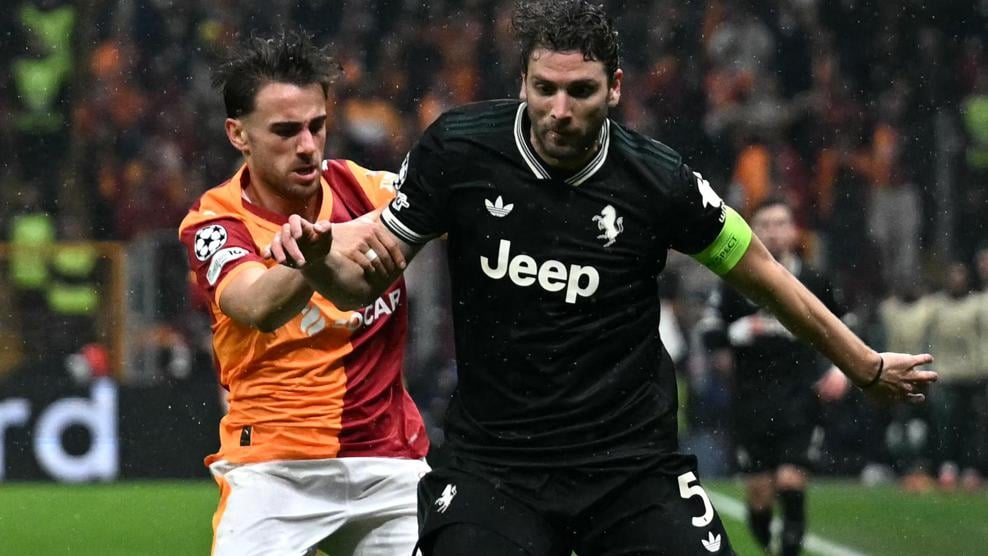Was Euro 2008 better without us?
England’s failure to qualify for Euro 2008 was tre

England’s failure to qualify for Euro 2008 was treated as a disaster; but was it actually a blessing in disguise?
Last November, as the rain tumbled heavily out of the dark London sky, English football was seemingly dealt a grievous blow. As Steve McClaren glumly peered out from under the shelter of his umbrella, Mladen Petric’s shot skidded off the slick turf and nestled into the bottom corner of the net, ending England’s hopes of qualification for the European Championships.
Having already been let off by an Israeli win that had gifted them this lifeline, the game was finally up, for the team and for its woefully inept manager. This left English fans looking towards a barren summer, one without the usual jingoistic fervour aroused whenever England are in a major competition.
The first point to make is that I believe that, even though I dreaded it, this tournament was all the better for England not being there, for the reasons explained below, and for the fact that we were spared the inevitable Henman-esque build-up of our frankly overrated team and all the associated media scrum that goes with it.
For once in a long time, we were not watching games as a mere sideshow to England’s ploddingly mediocre struggle to the quarter-finals, but as an end in itself. For me, the levity that came from not taking part made the competition extra enjoyable, as there was not a team there that did not deserve to be. Spain and Holland, in particular, lit up games with their awesome levels of ability.
A further and important point is that, in looking back at the tournament, and specifically at the quality on show, one can comment that that decisive swing of a Croatian boot may have been a blessing in disguise for England. The standard of the competition as a whole was dizzyingly high, with teams such as Holland, Spain and Portugal at times playing football worthy of the highest accolades; looking further down the list of teams on show makes even starker reading.
Relative minnows such as our erstwhile group-mates Croatia and Russia, plus Turkey and the Czechs, at times played superb football, the first two especially. An honourable mention should also go to Romania, who battled vainly in the so-called Group of Death and came close to qualifying themselves. Poland, along with Romania and even Greece, are clearly limited football nations but, to their credit, all these sides put a level of pride and effort into their performances that England seem completely incapable of, and for this they deserve recognition as well.
The main point of this is that I wish to highlight just how far behind the English national team is, at the current time. Looking at the list of participants in Euro 2008, there is only maybe Austria and Greece whom we could legitimately claim to be inferior. Admittedly, the insipid French team on display might have been bustled aside by ourselves, as might have the Romanians and Poles, but all the other teams play international football the correct and effective way which is way ahead of where our team is at currently. What I mean is that ball retention, patience, and endeavour are the most valued attributes, and it is much the same case in the Champions’ League also.
In the Premiership, losing possession is not as much of a hardship as you might think, as you know that the breathless pace of the game will ensure you will see the ball again very quickly. At international level, England rely on bustle, heart and energy, all attributes admirable on Sunday parks' pitches and even in some of the hurly-burly Premiership games, but on the international scene it is, and has been shown, to be outdated and ineffective.
Teams we would consider below us, such as Turkey and maybe even Croatia and Russia, pass and retain the ball better and have a far greater standard of technique than England, and that is plain to see. They also have greater imagination and creative nous than anyone in the England squad. Think for yourself, is there anyone of comparable technical ability to a Deco, a Modric, a Sneijder, a Xavi or even an Arshavin in the England squad? The answer, unfortunately, is no.
I, for one, am now actually glad we did not make it to this tournament, as I am sure we would have been embarrassed sooner or later. Whilst we have great players such as Steven Gerrard and Wayne Rooney, plus classy defenders such as Rio Ferdinand, they are taught from a young age that “getting stuck in” and “doing your running” is much more important than developing one’s technique.
Also pushed to the margins is any work on retention and creative use of the ball, so any natural technique is pushed to the boundaries of their talent. International football has moved onwards and upwards, and England must now strive to catch up.
It would appear this lesson has been hard-learned, and now the FA have brought in another coach, who combines the disciplinary rigour they desire with the continental mindset the team clearly needs. All does not bode well, however, as in a recent England friendly when the midfield were patiently keeping possession and probing, the crowd began to boo.
It is a complete football-culture overhaul that is needed, and one which must happen if England are to ascend to anywhere near a competitive national team again. If we are to go on to the rapidly changing international stage and not see ourselves embarrassed by those we would have considered distinctly beneath us before, we must learn these lessons well, and learn them quickly.







